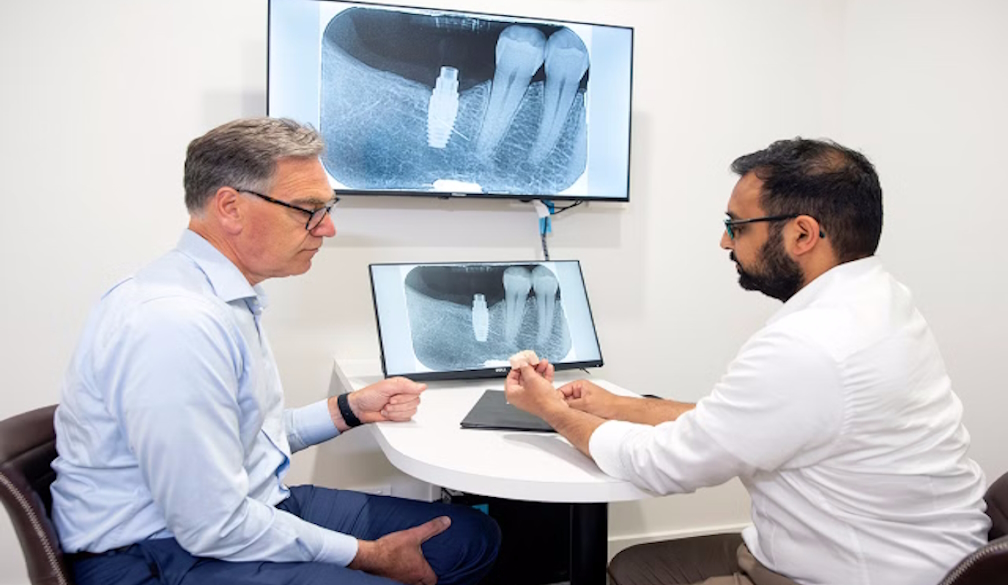Dental Implants vs. Everything Else: A Comprehensive Guide to Replacement Options

Losing a tooth can impact more than just your smile—it affects chewing, speech, and overall oral health. Fortunately, modern dentistry offers a variety of tooth replacement options designed to restore function and aesthetics. From bridges and dentures to the latest implant technologies, understanding the differences is crucial to making the best choice for your oral health.
Bridges: A Traditional Solution
Dental bridges have long been a reliable option for replacing one or more missing teeth. They typically involve anchoring an artificial tooth to adjacent natural teeth. While bridges provide immediate aesthetic benefits and restore chewing function, they require altering healthy teeth, which can increase the risk of decay or sensitivity over time. Bridges also have a limited lifespan, often needing replacement every 7–15 years, depending on oral hygiene and bite alignment.
Dentures: Cost-Effective Flexibility
Dentures, whether partial or full, are removable appliances that can replace multiple missing teeth. They are often more affordable upfront compared to implants and can be fabricated quickly. However, traditional dentures can shift during eating or speaking, potentially causing discomfort. Bone loss in the jaw over time may also affect fit, leading to frequent adjustments. Modern innovations like implant-supported dentures address some of these issues by providing added stability.
Dental Implants: Long-Term Investment
Among replacement options, dental implants have emerged as a superior choice for durability, function, and aesthetics. Unlike bridges or dentures, implants are surgically anchored into the jawbone, acting like natural tooth roots. This promotes bone health and prevents the jawbone deterioration commonly seen after tooth loss. Patients often report that their implants feel and function like natural teeth, making daily activities like chewing and speaking more comfortable.
One of the main advantages of implants is their longevity. With proper care, they can last decades, often outlasting bridges and dentures. They also eliminate the need to compromise surrounding teeth, preserving your natural dentition. Whether replacing a single tooth or multiple teeth, implants can be customized with crowns, bridges, or even full-arch restorations, providing a versatile solution for long-term dental health.
For those seeking a hassle-free approach to tooth replacement, restoration made simple with dental implants offers predictable outcomes and high patient satisfaction. Advanced implant techniques now make the process faster, less invasive, and highly reliable, giving patients a natural-looking and fully functional smile.
Other Considerations: Mini Implants and All-on-4 Systems
Mini implants are smaller in diameter and can be placed in patients with limited bone volume, serving as anchors for dentures. The All-on-4 system is another innovative solution, providing a full arch of teeth supported by just four strategically placed implants. These approaches reduce treatment time and can be more cost-effective while maintaining the benefits of traditional implants.
Making the Right Choice
Choosing the right replacement option depends on factors like budget, oral health, bone density, and lifestyle preferences. While bridges and dentures may suit some patients seeking a lower-cost or less invasive approach, dental implants provide unmatched durability, stability, and natural aesthetics. Discussing your options with a dental professional ensures a treatment plan tailored to your specific needs.
For patients interested in the latest developments in dental technology and aesthetics, knowing the latest trends can help guide informed decisions about long-term smile restoration. Staying updated on advancements ensures that your chosen solution aligns with both functional and cosmetic goals.

